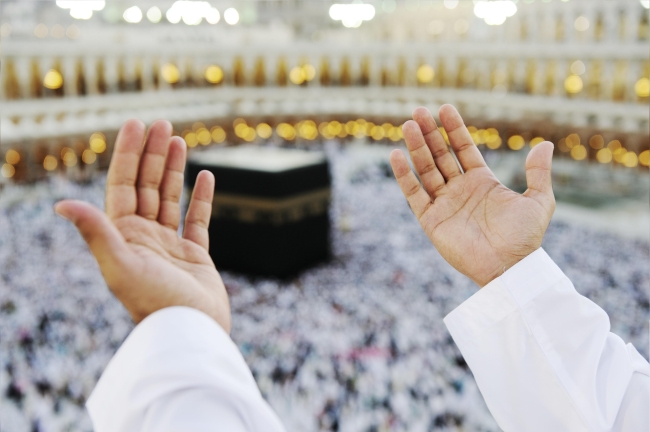Dhul Hijjah is a significant and sacred month in the Islamic calendar. It marks the time when Hajj, the pilgrimage to Makkah, takes place, along with the celebration of Eid al-Adha.
The first ten days of Dhul Hijjah are considered amongst the best days of the year.
Dhul Hijjah in Arabic means "The Month of the Pilgrimage".
People from all over the world gather in Makkah to fulfil this important pillar of Islam, seeking forgiveness for their past sins.
Even for those not performing Hajj, these ten days hold great importance.
It is a time for Muslims to engage in acts of worship, such as fasting, giving to charity, offering voluntary prayers, making supplications, and remembering Allah (SWT).
Dhul Hijjah in Hadith
Several Hadiths detail the importance of this period in Dhul Hijjah:
"There are no days on which righteous deeds are more beloved to Allah than these ten days." (Bukhari)
"There are no days that are greater before Allah or in which good deeds are more beloved to Him than these ten days, so recite a great deal of tahleel, takbeer and tahmeed during them." (Ahmad)
One of the wives of Muhammad (PBUH) said: "Allah's Messenger used to fast the [first] nine days of Dhul Hijjah, the day of 'Ashurah, and three days of each month." (Abu Dawud)
Virtues of Dhul Hijjah
In this video, Dr Haitham Al-Hadad talks about the significance of the first 10 days of Dhul Hijjah and how Allah multiplies the rewards for good deeds during this time.
He says many narrations mention the virtues of these ten days and how they are comparable to the last 10 nights of Ramadan.
The prophet Muhammad emphasised that good deeds during these days are the most beloved by Allah./ islamchannel


